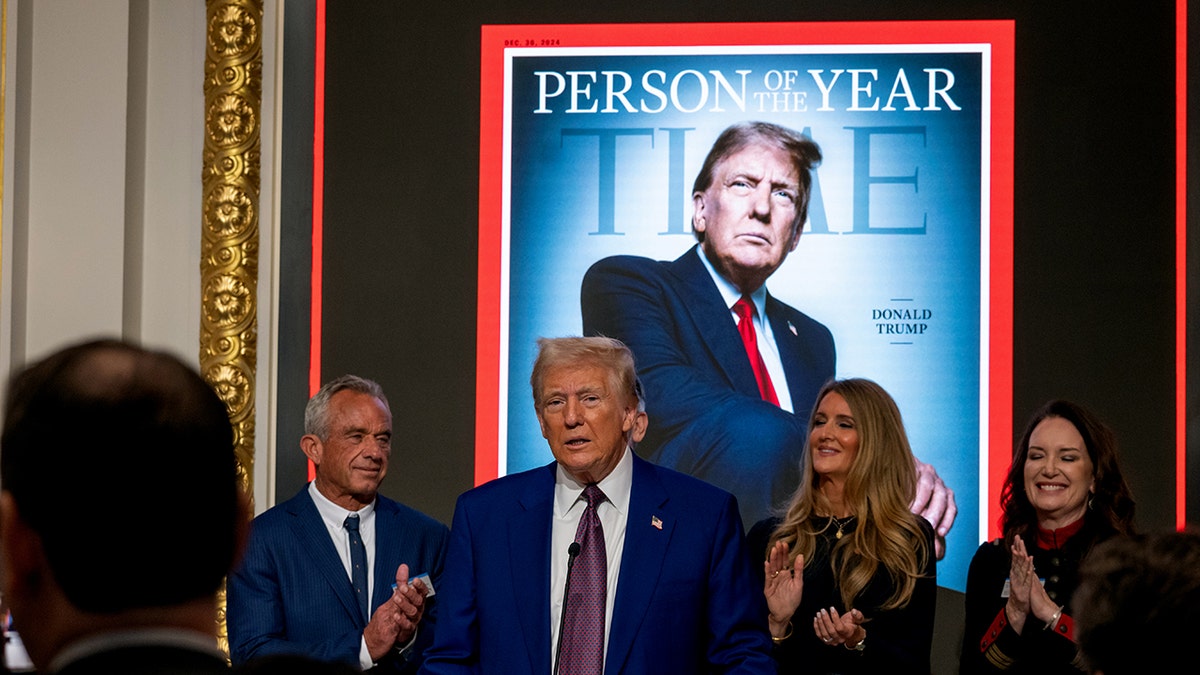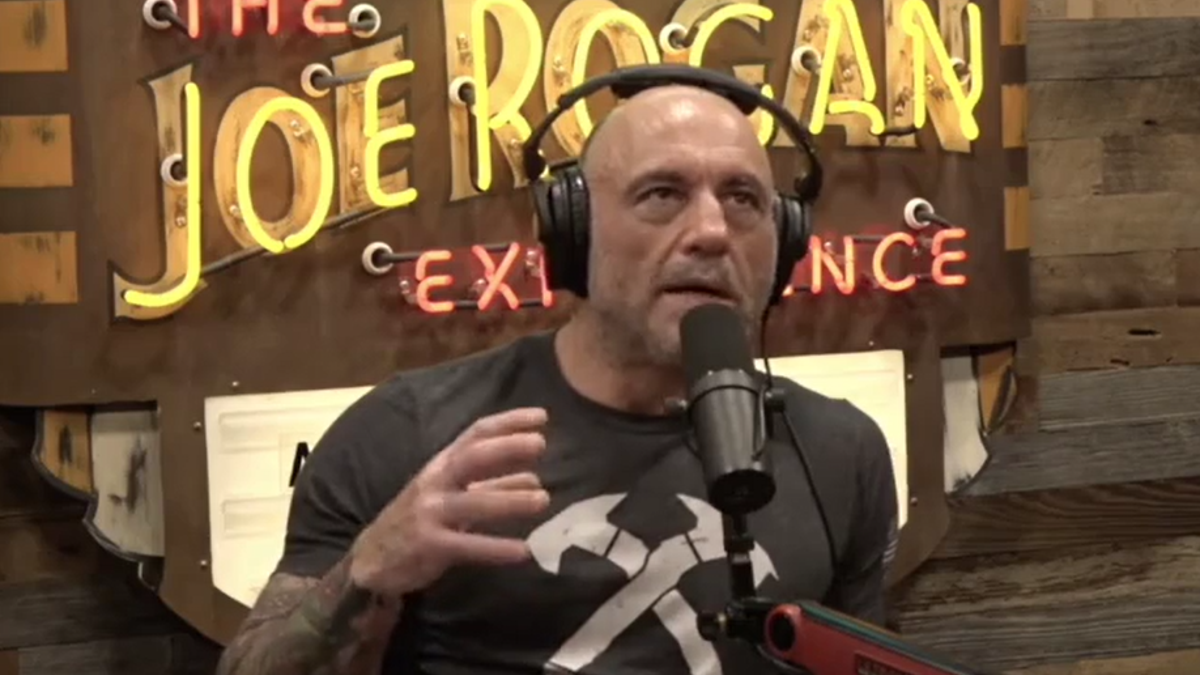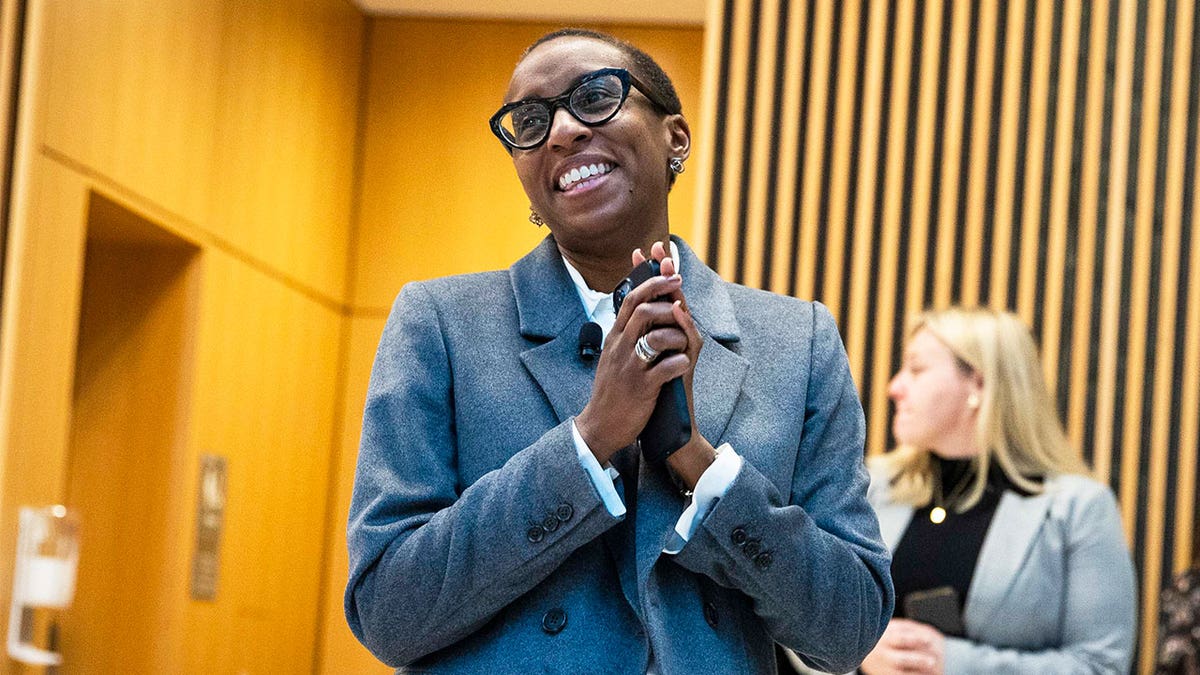Tesla and SpaceX CEO Elon Musk has found himself embroiled in controversy after publicly endorsing the Alternative for Germany (AfD) party weeks before Germany's snap parliamentary elections. German officials have accused Musk of attempting to interfere in the election, while Musk defends his position, arguing the AfD is the key to Germany's economic and cultural revival.
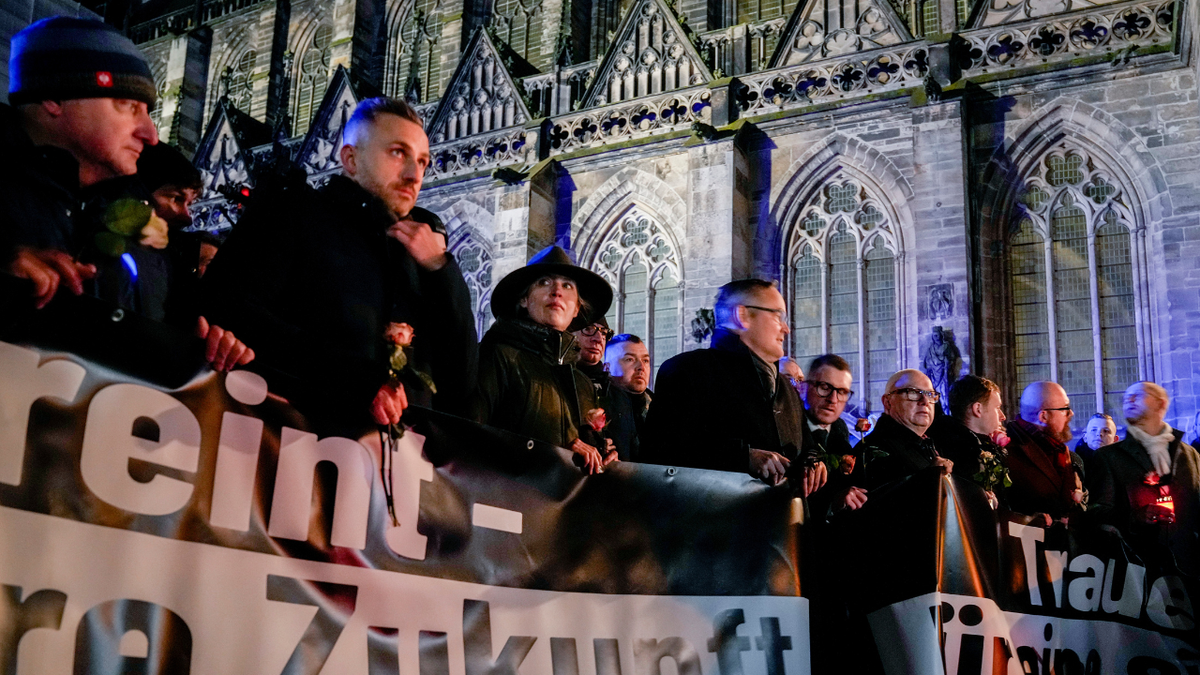
(Co-leader of German far-right party AfD Alice Weidel campaigns in Magdeburg, Germany. (AP Photo/Ebrahim Noroozi))
German government spokesperson Christiane Hoffmann criticized Musk's intervention, stating that while he has the right to express his opinion, his endorsement of a party under surveillance for potential right-wing extremism is problematic. Health Minister Karl Lauterbach echoed these sentiments, calling Musk's actions "undignified and highly problematic."
Musk, however, doubled down on his support for the AfD in an op-ed published in the German newspaper Welt am Sonntag. He dismissed claims of the party's extremism, pointing to co-chair Alice Weidel's same-sex partner from Sri Lanka as evidence against neo-Nazi accusations. He further lauded the AfD as Germany's only hope for economic prosperity, cultural integrity, and technological advancement, criticizing traditional parties for their alleged failures in these areas.
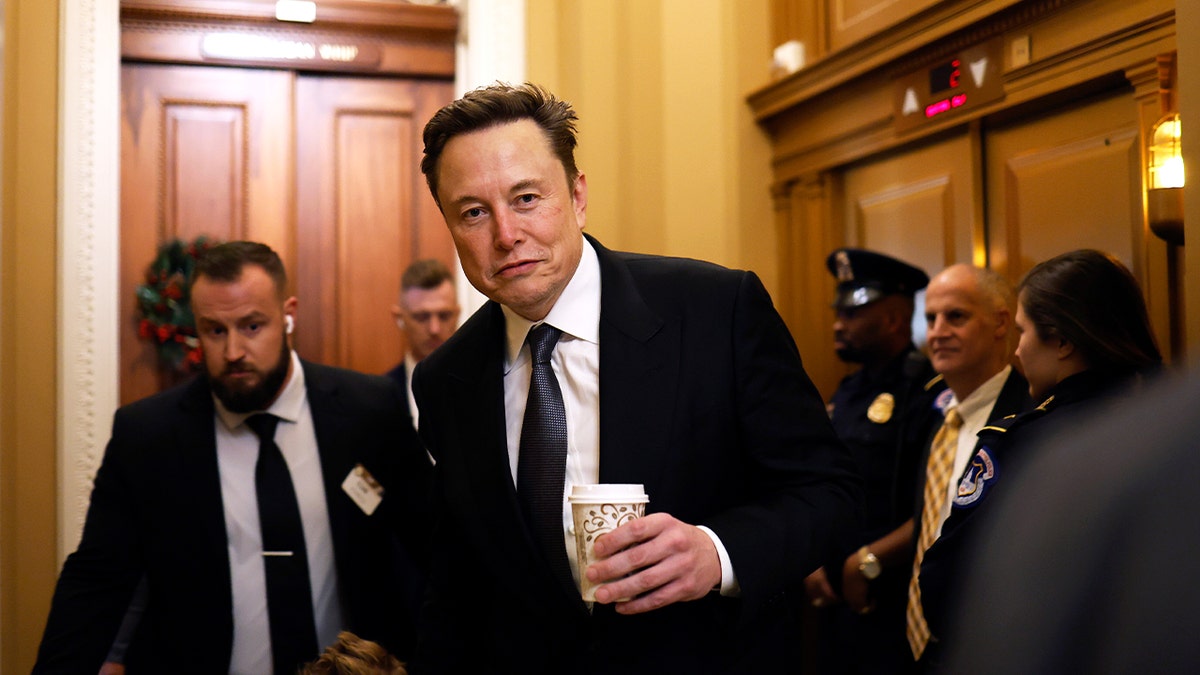
Tesla CEO Elon Musk on Capitol Hill (Anna Moneymaker/Getty)
Musk's endorsement has drawn criticism from both U.S. and German officials, who highlight the AfD's reputation as a neo-Nazi group. All mainstream German political parties have refused to collaborate with the AfD, and its youth wing has been officially designated as extremist by German intelligence. The AfD, however, rejects this classification.
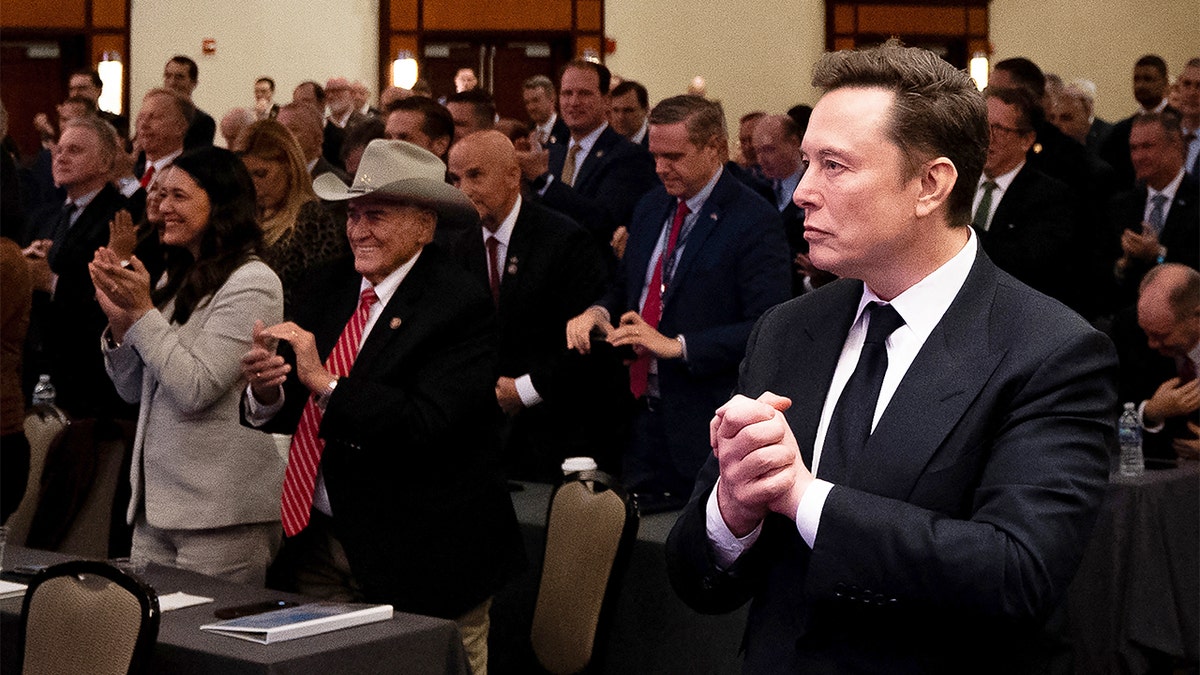
Elon Musk with House Republicans in Washington, D.C. (Allison Robbert/AFP/via Getty Images)
The publication of Musk's op-ed in Welt am Sonntag sparked further controversy, leading to the resignation of the newspaper's opinion editor, Eva Marie Kogel. Despite the backlash, Musk remains steadfast in his support, describing the AfD as "the last spark of hope" for Germany, accusing traditional parties of causing economic stagnation, social unrest, and the erosion of national identity.


